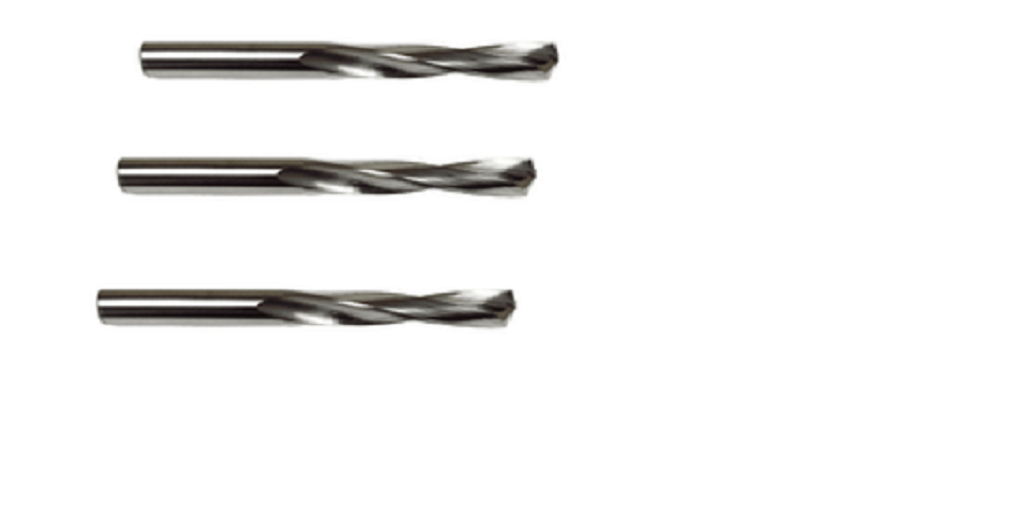Milling operations are all about precision. This is especially important when it comes to drilling holes in your workpiece using a drill bit. While drill bits are commonplace tools, they can have issues when it comes to milling precision holes in harder materials. If you have been experiencing issues with drill bit accuracy, then using stub drills might be the perfect solution.
When we talk about drill bits, we are referring to your standard jobber length twisted drill bit. These tools are extremely versatile and can produce holes in a wide variety of materials. The main issue that drill bits have when being used for milling operations is the fact that they are very long tools relative to their diameter. This means that they are not the most stable option at high speeds.
When drill bits rotate at high speeds, they begin to naturally oscillate and vibrate. This means that the point of the tip is often not going to align with the central axis of the drill bit’s rotation. If you are drilling into a softer material like wood, the tip of the bit can usually find purchase and drill the hole close enough to the intended location.
The real issue comes when you are drilling into harder materials like steel. When a drill bit hits a harder surface, there is a chance that the point will deflect off the surface and miss its mark. This can damage the workpiece and the drill bit, especially if the bit accidentally cuts at an angle. In order to avoid this issue, many machinists will use a shorter length stub drill.
While jobber length drill bits are the most common length on the market. Their long length makes them ideal for drilling deeper holes, but that length can also cause issues. The ability for a drill bit to oscillate is directly related to the length of the tool relative to its width. The longer a tool is, the more it will oscillate. If you do not need to drill a hole that will require the full length of your jobber drill, then the shorter length of a stub drill can make a huge difference. Because stub drills are shorter, they are far more stable and more accurate than full length drill bits.
Whether you are using a jobber drill or a stub drill, the construction of your tool can also have a big impact on accuracy. The most common material used in the production of drill bits is steel. Different alloys like cobalt steel have their own advantages, but these metallic tools have a surprising amount of flexibility. This means that they will oscillate quite a bit at high speeds.
One of the best ways to get accurate results is to use solid carbide tools. Tool carbide is a composite material made from ceramic tungsten carbide and cobalt as a binding material. The resulting material is far more rigid than steel. This means that carbide drill bits are less likely to wobble and deflect when drilling into harder materials. Carbide tools also last longer and can handle higher temperatures than steel tools, making them a great choice in general.
If you are interested in finding some high quality carbide tools for your milling machine, then you need to check out www.onlinecarbide.com. Online Carbide manufactures end mills and drill bits from solid carbide and sells them at manufacturer direct prices. Their drill bit selection includes jobber drills, stub drills, and spot drills. If you have any questions about any of their tools, you can reach out to their team by sending an email to [email protected].



